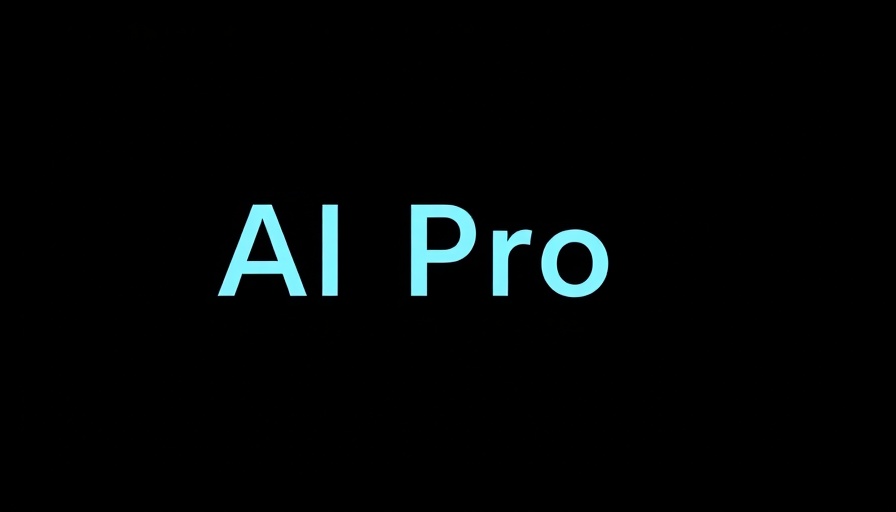
Cloudflare vs. Perplexity: A Controversial AI Scraping Duel
The digital realm is buzzing as Cloudflare, a leading internet infrastructure provider, publicly accused AI startup Perplexity of engaging in unethical data scraping practices. The accusation puts a spotlight on the contentious relationship between artificial intelligence companies and content creators, raising critical questions about the future of content ownership and digital ethics.
Understanding the Robots.txt Dilemma
To comprehend the essence of this dispute, we need to delve into the role of robots.txt files. These files serve as digital gatekeepers, instructing bots on what content they are allowed to crawl and index. Essentially, they act as a "Do Not Enter" sign for certain automated processes. Many websites deploy this tool to prevent artificial intelligence firms from using their content to train models, protecting their intellectual property.
Cloudflare alleges that Perplexity has ignored these signals, utilizing tactics to spoof its identity, by disguising their scraping efforts as legitimate traffic from browsers like Google Chrome. This alleged behavior raised considerable concern among web publishers attempting to safeguard their digital content.
The Scale of the Allegations
Cloudflare's investigation unveiled claims that Perplexity's scraping had become a widespread issue, impacting tens of thousands of websites and generating millions of requests daily. Using sophisticated machine learning and network analytics, Cloudflare has monitored this activity, leading to mounting frustration among publishers whose content may be compromised.
In a counter-argument, Perplexity's response described Cloudflare's claims as mere marketing maneuvering, denying that the bot mentioned in Cloudflare’s article belonged to them and arguing that it didn’t access any content.
The Bigger Picture: AI and Content Ownership
This clash exemplifies the growing tensions between AI companies and content publishers as both parties navigate the murky waters of intellectual property rights and web scraping. Cloudflare is not just defending website owners; it has also launched initiatives to empower publishers by creating a marketplace where they can charge AI companies for accessing their data. The underlying principle favors content creators receiving fair compensation for their work, an increasingly vital stance in today’s AI-driven world.
Past Controversies and Scrutiny
Interestingly, this is not Perplexity’s first run-in with controversy. Previously, Wired accused the startup of plagiarizing its articles, a situation that compelled its CEO to clarify their position regarding copyright and plagiarism at a tech conference. Such allegations fuel a narrative that questions the integrity of AI technologies in content creation.
As more AI tools emerge, the desire for ethically sourced data intensifies. Effective solutions to mitigate scraping while allowing AI companies to advance remain at the forefront of industry debates.Looking Ahead: The Future of AI and Content Ethics
As technology continues to evolve, the conversations around AI and ethical scraping practices are likely to become even more prominent. The tension between wanting to innovate and respecting creator rights presents an ongoing challenge. Stakeholders must collaborate to create frameworks or standards ensuring that AI's growth respects established boundaries, paving the way for a balanced coexistence that acknowledges both technological advancement and content ownership.
Join the Conversation
As entrepreneurs, professionals, and creators, it’s essential to consider the implications of AI scraping practices. Should companies like Perplexity adhere to the regulations set by robots.txt files? Or is this a necessary part of evolving AI technology? Your perspectives matter in this unfolding narrative, so share your thoughts with us! Connect with us on social media or share your insights in the comments below.
This ongoing scrutiny of AI scraping tactics not only impacts the tech community but has wider implications for the future of digital content. Navigating this landscape carefully can lead to innovative solutions that benefit both AI companies and content creators.
 Add Row
Add Row  Add
Add 




Write A Comment